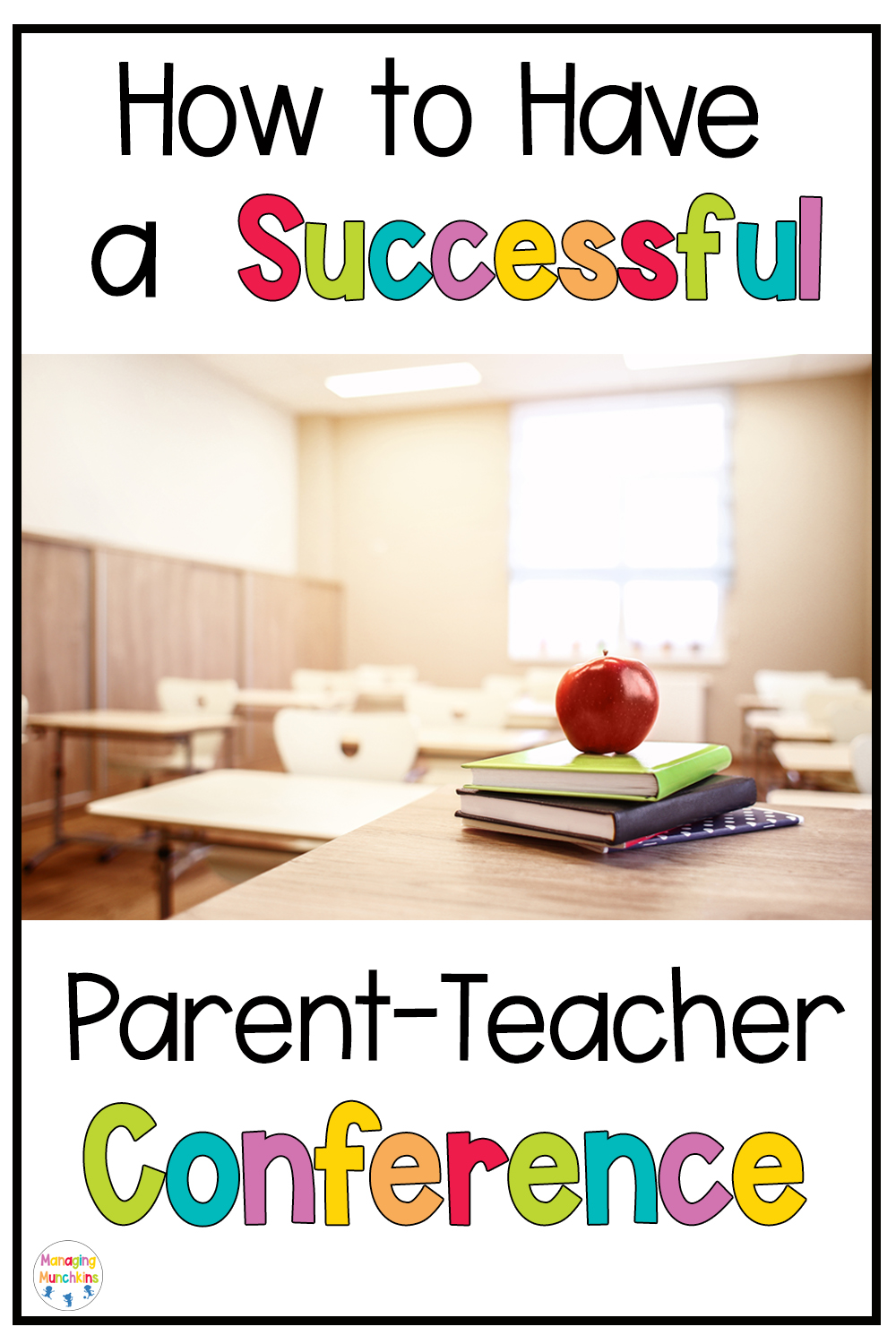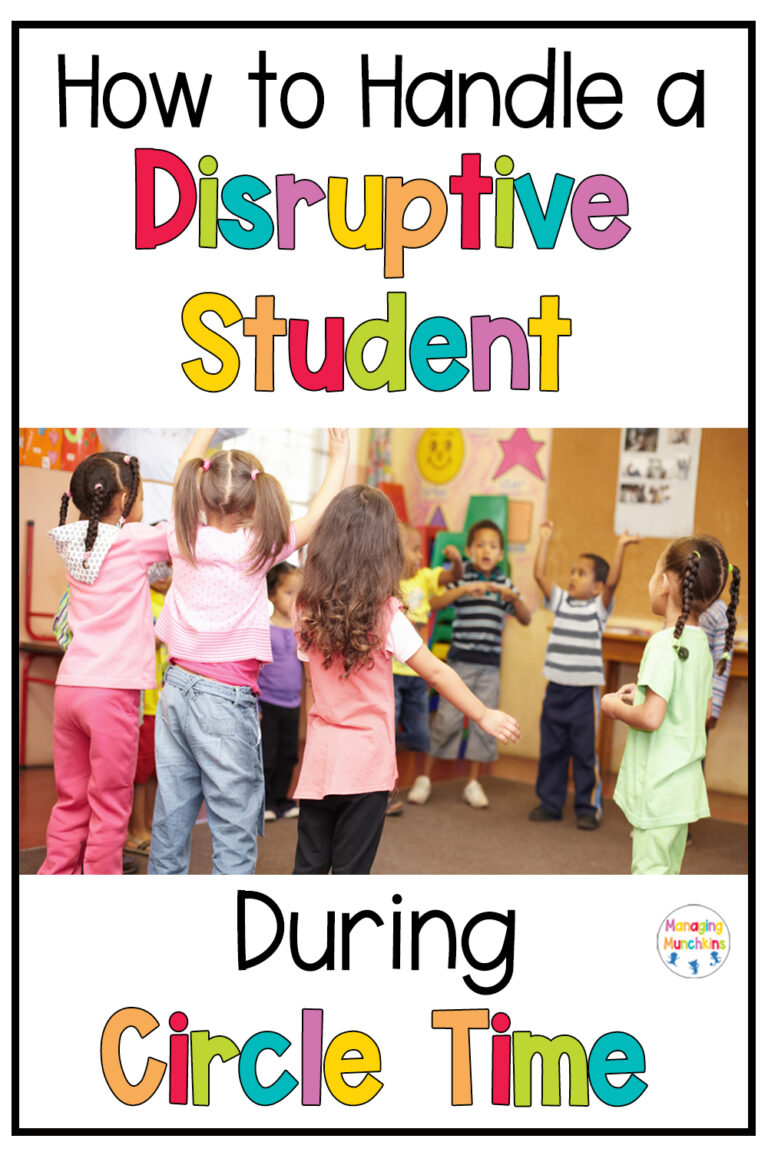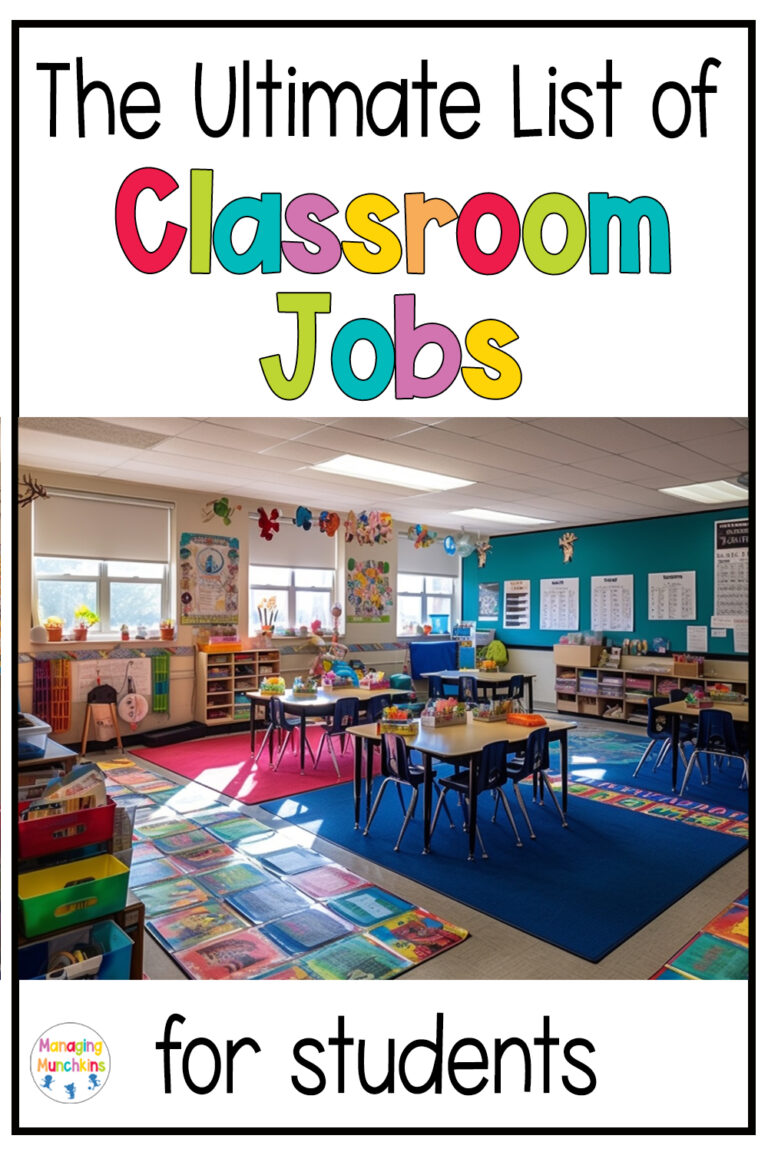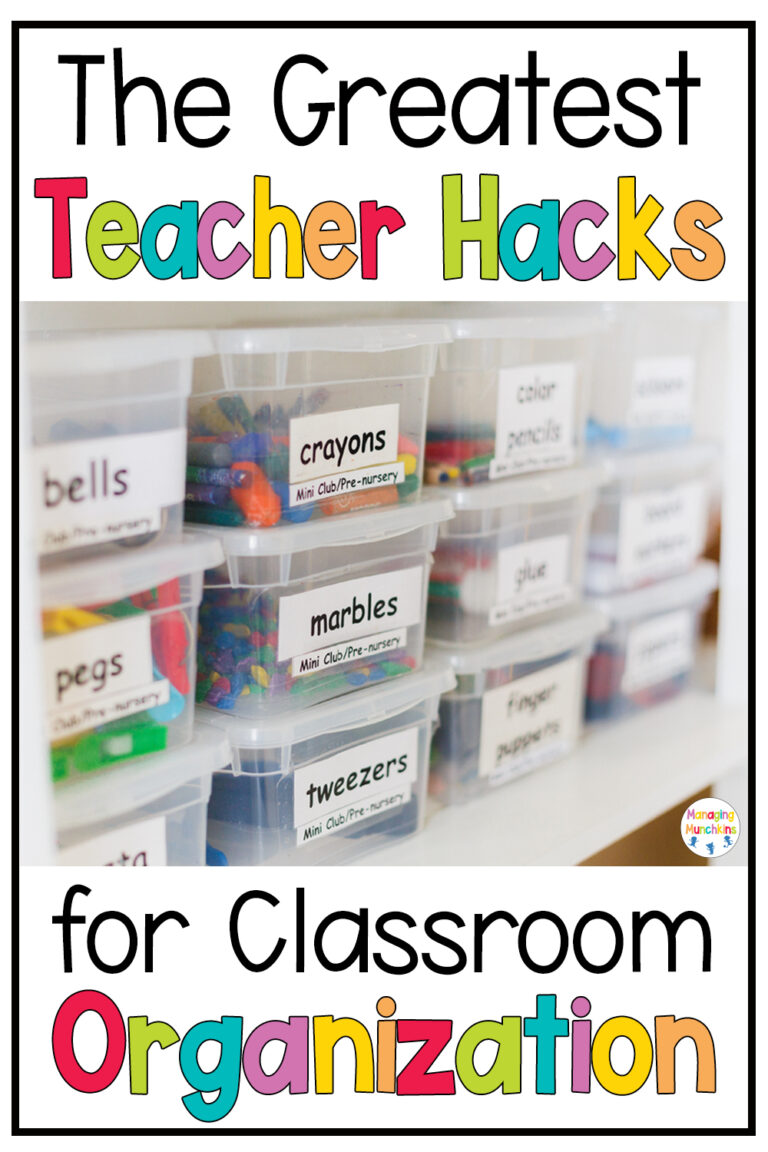How to Have a Successful Parent- Teacher Conference
Parent-teacher conferences are a great opportunity to build partnerships between educators and families, especially in the kindergarten setting where early learning sets the foundation for a child’s educational journey.
But often times teachers find themselves wondering “How do you even give a parent-teacher conference?” These meetings can feel intimidating, but fear not!
In this blog post, I’m sharing my tried-and-true strategies for ensuring a successful parent-teacher conference.
From preparation and effective communication to fostering a positive atmosphere, I’ve got you covered. So, let’s dive in and make your next parent-teacher conferences a truly rewarding experience, and dare I say, something you’ll look forward to each year!
How to Have a Successful Parent-Teacher Conference

1. Preparation is Key
Before the conference, take the time to gather relevant materials, such as student work samples, assessments, and progress reports.
I recommend keeping all of this information filed away using hanging files inside of a portable file box. You can find one here on Amazon.
Be sure to review your notes on each child’s development and behavior in class and bring all of the relevant materials to the conference.
Having this information at your fingertips not only demonstrates your professionalism but also helps you provide specific insights to parents (and physical data to share with them).
2. Set the Right Atmosphere
Create a welcoming and comfortable space for your parent-teacher conference. Arrange the seating so that it encourages open and collaborative discussions.
I always found doing it at our class kidney table worked well, and I offered adult sized chairs for the families.
Small details like offering refreshments (even something simple like Hershey’s Kisses!) or having student’s artwork on display can also make parents feel at ease.
3. Follow the “Compliment Sandwich” Blueprint:

Part 1: Start with a Positive
Believe it or not, most families are just as nervous as you are! Many of them come in worried that it may not go well or that negative things will be said about their child.
Your goal during the conference is to do two things: disarm and reassure.
Begin the conference by sharing something positive about the child’s progress or accomplishments or even something simple like how you’ve enjoyed getting to know them this year. You could also offer a compliment about the child’s personality, like how they say the funniest things or what a social butterfly they are.
Any compliment will encourage parents and it will set a warm tone and reassure them that their child is in good hands.
Part 2: Share Concerns or Areas of Growth
If there are concerns to discuss, approach them with empathy and a problem-solving mindset.
Offer practical suggestions for improvement and emphasize your commitment to working together to support the student.
Remember, we want our families to feel like we are in their corner (because we are) and that we, like them, want what is best for their child (which we do).
It’s important to emphasize that you want to partner with the families and work together to support their child to help them reach their goals.
Part 3: End with a Positive
Finish with a compliment or by sharing how you can’t wait to see how much their child learns and grows this school year.
4. Be a Good Listener
During the conference, listen actively to parents’ concerns, questions, and insights.
Sometimes, they may offer valuable insights into their child’s learning style or behavior at home. Address their questions and acknowledge their perspectives.
5. Share Specific Information

Provide concrete examples of the child’s performance and behavior in class.
Instead of saying, “Your child is doing well,” say, “Your child has shown amazing growth with their letters and sounds”. Or they recently completed [specific task] with great enthusiasm.”
This also goes for areas of growth. You could say something like “I notice at times that they can struggle with keeping their hands to themselves during carpet time. We want to continue working on self-control and using their words “
Need some ideas for positive comments for your conferences?
6. Set Clear Goals
Discuss goals for the child’s continued development. Collaboratively establish achievable objectives that involve both school and home.
This fosters a sense of shared responsibility for the student’s progress.
7. Provide Resources
Share educational resources or tips for parents to engage in their child’s learning journey at home.
Recommending books, websites, or activities can empower parents to become active partners in their child’s education.
8. Respect Time Constraints
Keep your parent-teacher conference within the allotted time to ensure you stay on track and respect the schedules of both parents and yourself.
You can use a timer if you find it helpful to keep both of you on track.
9. Follow Up
After the conference, continue to follow up and update parents with their child’s progress. This is particularly important for students that need extra support and have multiple learning/behavior goals.
This also shows your dedication to ongoing communication and collaboration.
In a Nutshell:
Remember, parent-teacher conferences are an opportunity to strengthen the educational team working for the child’s success! By approaching them with preparation, positivity, and effective communication, you can make each conference a meaningful step in building a supportive and engaged kindergarten community.





